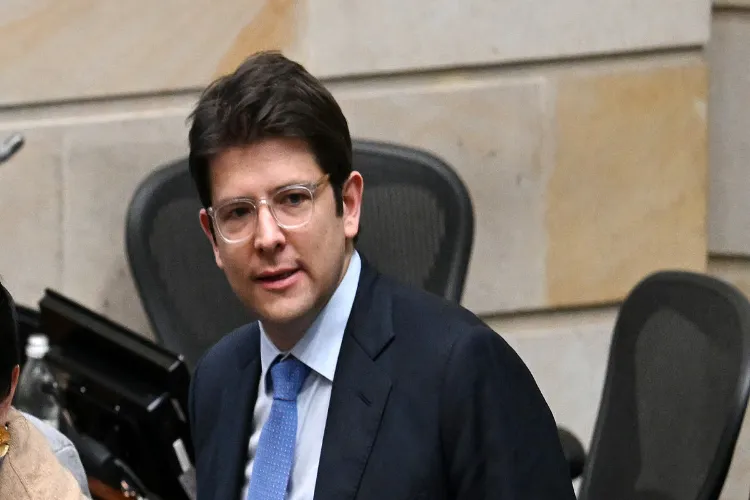Resignations from Fulbright Board Highlight Political Interference in Program

About the Organizations Mentioned
Fulbright
The **Fulbright Program** is a prestigious international academic exchange initiative founded in 1946 by U.S. Senator J. William Fulbright and established by President Harry Truman through the Fulbright Act. Its core mission is to increase mutual understanding and foster peaceful relations between the United States and other countries through educational and cultural exchanges of students, scholars, teachers, and professionals[1][3][5]. Since its inception, the program has facilitated over 400,000 exchanges across more than 165 countries, making it one of the largest and most influential academic exchange programs worldwide[2][6]. Annually, about 8,000 participants from the U.S. and partner countries receive awards to study, teach, or conduct research abroad[6]. It operates with binational financing and collaboration, involving the U.S. Department of State’s Bureau of Educational and Cultural Affairs (ECA), foreign governments, universities, and various implementing partners such as the Institute of International Education (IIE) and World Learning[5][6]. Key milestones include the 1954 year when seven Fulbright alumni were Nobel Prize laureates, underscoring the program’s impact on advancing science, humanities, and global leadership[1]. Notable Fulbrighters include Linus Pauling, Milton Friedman, and Apollo 17 astronaut Harrison “Jack” Schmitt, highlighting the program’s broad influence from academia to space exploration[1][5]. The program also promotes diversity and accessibility, as seen in early inclusion of scholars with disabilities[5]. The **Fulbright Association**, founded in 1977, serves as the American alumni organization, advancing the program’s legacy through networking, mentorship, and advocacy[2]. The program’s funding primarily comes from the U.S. Congress, supplemented by partner countries and institutions, reflecting a model of sustained international cooperation[5][6]. In business and technology sectors, Fulbright alumni have driven innovation and fostered global partnerships, contributing to cross-cultural understanding essential i














